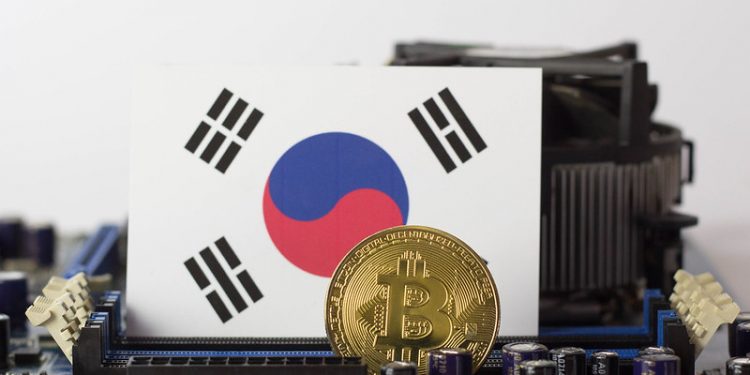In a move aimed at promoting transparency and combating corruption, lawmakers in South Korea have put forth a proposal that would require all public officials and candidates to disclose their cryptocurrency holdings. The new bill unveiled recently seeks to expand the scope of assets subject to reporting under the Public Official Ethics Act, including virtual assets. This groundbreaking measure aims to prevent public officials from using their positions for improper accumulation of wealth or concealing assets. If passed, the legislation would mark a significant step forward in regulating cryptocurrency in South Korea.
Enhancing Transparency in Public Office
Under the law, public officials are required to disclose their owned assets such as cash, stocks, and bonds exceeding a certain threshold. However, cryptocurrencies and other virtual assets are currently excluded in the reporting requirement. The proposed amendment seeks to address this loophole by mandating the disclosure of their crypto holdings regardless of their value.
Additionally, the lawmakers suggest placing limitations on the amount of investment an official involved in the crypto sector can make. This provision aims to prevent potential conflicts of interest and maintain the integrity of public office.
Addressing Scandals and Ensuring Accountability
The proposal is in response to the recent scandals that have rocked the political landscape in South Korea. Notably, the controversy involving lawmaker Kim Nam-kuk, a former member of the opposing Democratic Party.
The politician is presently under investigation for campaign finance violations, tax evasion, and the concealment of criminal proceeds related to his undisclosed cryptocurrency possessions and transactions. The proposed bill aims to prevent such illicit activities by public officials, reinforcing the accountability and integrity of those in power.
South Korea’s Crypto Market Influence
South Korea holds a significant position in the global cryptocurrency market. Data from Xangle reveals that Korean crypto investors contribute substantially to the market. The Korean won ranks as the third most-used currency in Bitcoin transactions after the US dollar and the Japanese yen.
Given this influence, it is crucial for South Korea to establish a robust legal framework for cryptos to promote fair trading practices and enhance transparency within the local market.
Government Action and Investigations
To combat the growing concerns surrounding cryptocurrency-related scandals, South Korean prosecutors have recently conducted raids on major local crypto exchanges. Upbit and Bithumb, the country’s largest cryptocurrency exchanges, as well as the crypto wallet unit of internet giant Kakao Corp., were targeted in search of crucial evidence pertaining to the charges faced by lawmaker Kim.
The Financial Intelligence Unit, responsible for monitoring financial and crypto sectors, had detected suspicious activities in Kim’s crypto transactions. As a result, the agency alerted local prosecutors about their findings.
Final Thoughts
While the exact legality of Kim’s involvement remains uncertain, the investigation into his case has sparked debate and highlighted the need for stricter regulations. South Korean lawmakers are determined to establish a legal framework that promotes transparency and combats potential corruption within the crypto sector.
As the bill proposing mandatory disclosure of cryptocurrency holdings progresses, it signifies a significant step forward in ensuring public officials are held accountable for their financial activities.










